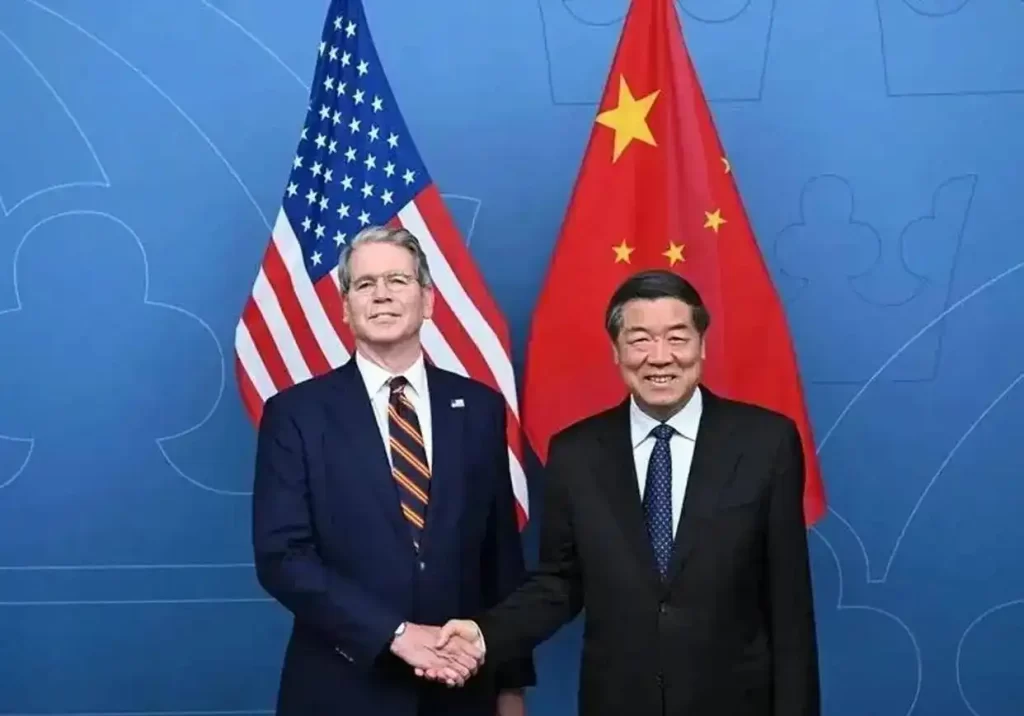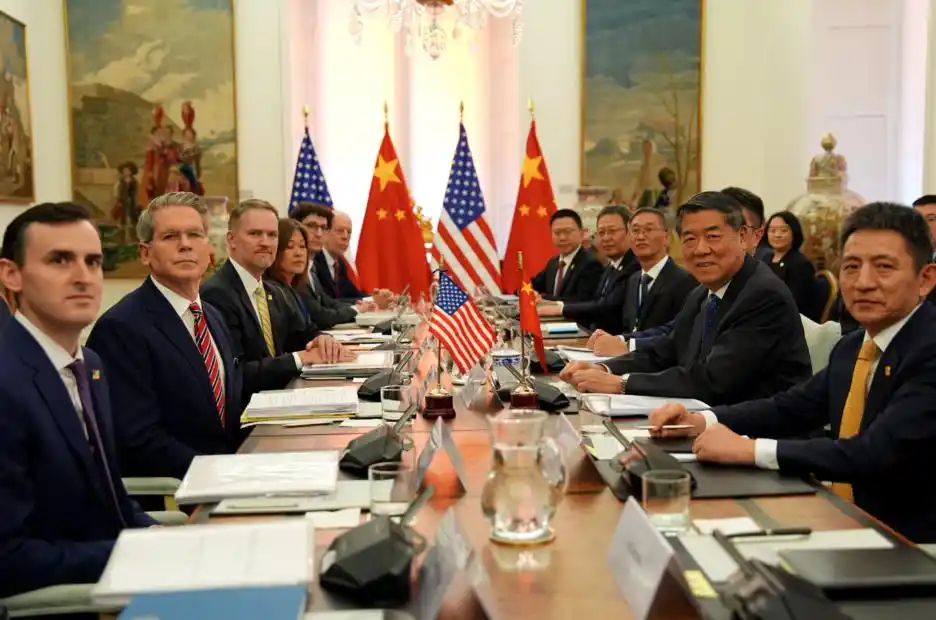As global geopolitics remain tense, a short statement from China’s Ministry of Commerce has sparked international attention. According to the ministry, Chinese Vice Premier He Lifeng will lead a delegation to Malaysia from October 24 to 27 to meet with U.S. Treasury Secretary Bessent and Trade Representative Greer for a new round of trade negotiations.
Though the announcement may seem procedural, the fact that it involves the world’s two largest economies has already drawn global market focus. With tariffs still high and supply chains under strain, many are asking—can these face-to-face talks bring clarity to the fog surrounding global trade?
Timing and Location: Signals Beneath the Surface
The timing and location of the talks are telling. Late October coincides with a politically sensitive period in the U.S., while Malaysia, a core ASEAN member, represents a neutral ground for both sides. Holding the talks in a third country reduces domestic political pressure and shifts focus toward practical issues.
This arrangement suggests that both nations may seek to temporarily set aside strategic rivalry and prioritize economic problem-solving. It reflects a pragmatic approach—an attempt to manage crises rather than resolve them overnight.

“Following Leaders’ Consensus”: A Clear Direction with Defined Limits
The Chinese Ministry’s statement emphasized that the meeting will be conducted “in accordance with the important consensus reached by the two heads of state.” This is a crucial clue. It means the dialogue will not start from scratch but follow a framework set by top leaders.
Therefore, the agenda is likely to focus on actionable issues—tariff adjustments, market access for sectors like agriculture and clean energy, and cooperation on climate initiatives—rather than rewriting global trade rules. While this narrows expectations for sweeping breakthroughs, it increases the chance of steady, measurable progress. In short, the strategy is to “win small battles to achieve greater stability.”
Global Expectations: When the Two Biggest Economies Meet, the World Listens
As the world’s top two economies, China and the United States profoundly influence global supply chains and financial markets. The world economy remains fragile, with inflation and protectionism posing challenges.
Thus, the world’s expectation for this meeting is modest yet critical—not a return to a honeymoon phase, but the avoidance of further deterioration. Even symbolic progress, such as halting new tariffs or creating communication channels on export controls, could signal stability to markets. The world wants reassurance that “competition” does not have to mean “confrontation.”
A “Pressure Valve” for a High-Tension Relationship
It’s clear that strategic competition between the two nations will not disappear soon. Yet, the core value of this Malaysia meeting lies not in solving everything at once, but in testing and rebuilding an essential ability: to keep communication channels open even amid rivalry.
In this sense, the talks serve as a “pressure valve.” Dialogue itself becomes an achievement—a sign of responsibility and maturity between global powers. When He Lifeng shakes hands with Secretary Bessent in Kuala Lumpur, the world won’t just look for tariff adjustments, but for proof that cooperation can coexist with competition.
Impact on Shoppers and Small Businesses: Can You Still Shop in China and Ship to the U.S.?
For individuals or small business owners who shop in China and rely on parcel forwarding services like GoNest to ship products to the U.S., potential trade adjustments could bring challenges—especially regarding customs duties.
If tariff disputes escalate, the cost of shipping goods across borders may rise. To stay ahead, international buyers should plan early, consider using intermediate shipping routes (for example, sending parcels to Canada first before re-shipping to the U.S.), and monitor trade updates closely.
GoNest Shipping Costs to the United States
| Shipping Method | Price | Estimated Delivery | Additional Weight |
|---|---|---|---|
| Economy Sea Freight | $17.98/kg | 30–35 days | +$3.90 per 1kg |
| Express Sea Freight | $20.21/kg | 20–25 days | +$4.18 per 1kg |
| Air Freight | $32.06/kg | — | +$8.22 per 0.5kg |
GET IN TOUCH
